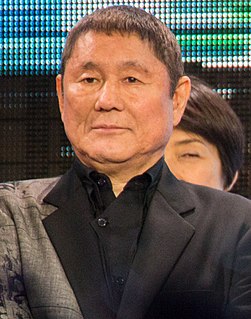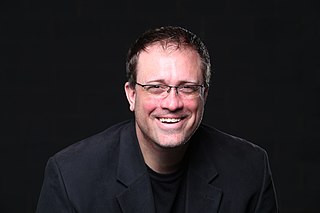A Quote by Don McCullin
I've spent most of my life embracing violence in wars and revolutions. Even a famine is a form of violence. Because I photograph people in peril, people in pain, people being executed in front of me, I find it very difficult to get my head around the art narrative of photography.
Related Quotes
Non-violence is a very powerful weapon. Most people don't understand the power of non-violence and tend to be amazed by the whole idea. Those who have been involved in bringing about change and see the difference between violence and non-violence are firmly committed to a lifetime of non-violence, not because it is easy or because it is cowardly, but because it is an effective and very powerful way.
I think there are so many children being brought up in some form of violence, be it violence of poverty or sexism or racism or homophobia or transphobia. That violence takes a life to transform or overcome. I don't think people should be spending their lives dealing with that. I think people should be thriving, playing, creating, evolving.
...people think non-violence is really weak and non-militant. These are misconceptions that people have because they don't understand what non-violence means. Non-violence takes more guts, if I can put it bluntly, than violence. Most violent acts are accomplished by getting the opponent off guard, and it doesn't take that much character, I think, if one wants to do it.
I collect art on a very modest scale. Most of what I have is photography because I just love it and it makes me happy and it looks good in my home. I also have a pretty big collection of art books mainly, again, on photography. A lot of photography monographs, which is great because with photography, the art itself can be reproduced quite well in book form.
I'm so sick of seeing guns in movies, and all this violence; and if there was going to be violence in Pines, I wanted it to actually be narrative violence. I wasn't interested in fetishizing violence in any way of making it feel cool or slow-motion violence. I wanted it to be just violence that affected the story.
Non-violence is very weak in the theoretical sense; it cannot defend itself. But it is most powerful in the action situation where people are using non-violence because they want desperately to bring about some change. Non-violence in action is a very potent force and it can't be stopped. The people who are struggling have the complete say-so. No man-made law, no human ruler, no army can destroy this. There is no way it can be destroyed... And so, if we have the capacity to endure, if we have the patience, things will change.
We live in a violent world, but since the success of films like Pulp Fiction, it seems every movie has some violence in it, and it's now being used as a form of comedy: audiences are now being encouraged to laugh when people get their heads blown off. I just don't like hearing people laugh at violence.
The violence of the Left is symbolic, the injuries are not intended. The violence of the Right is real - directed at people, designed to cause injuries. Vietnam, nuclear weapons, police out of control are intentional forms of violence. The violence from the Right is aimed directly at people and the violence from the Left is aimed at institutions and symbols.


































